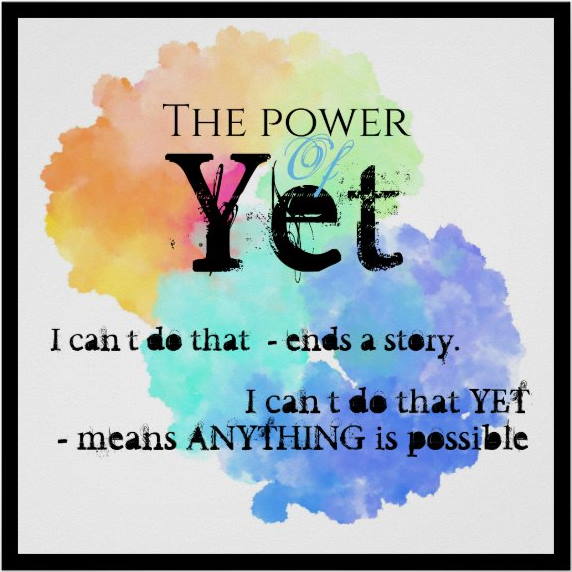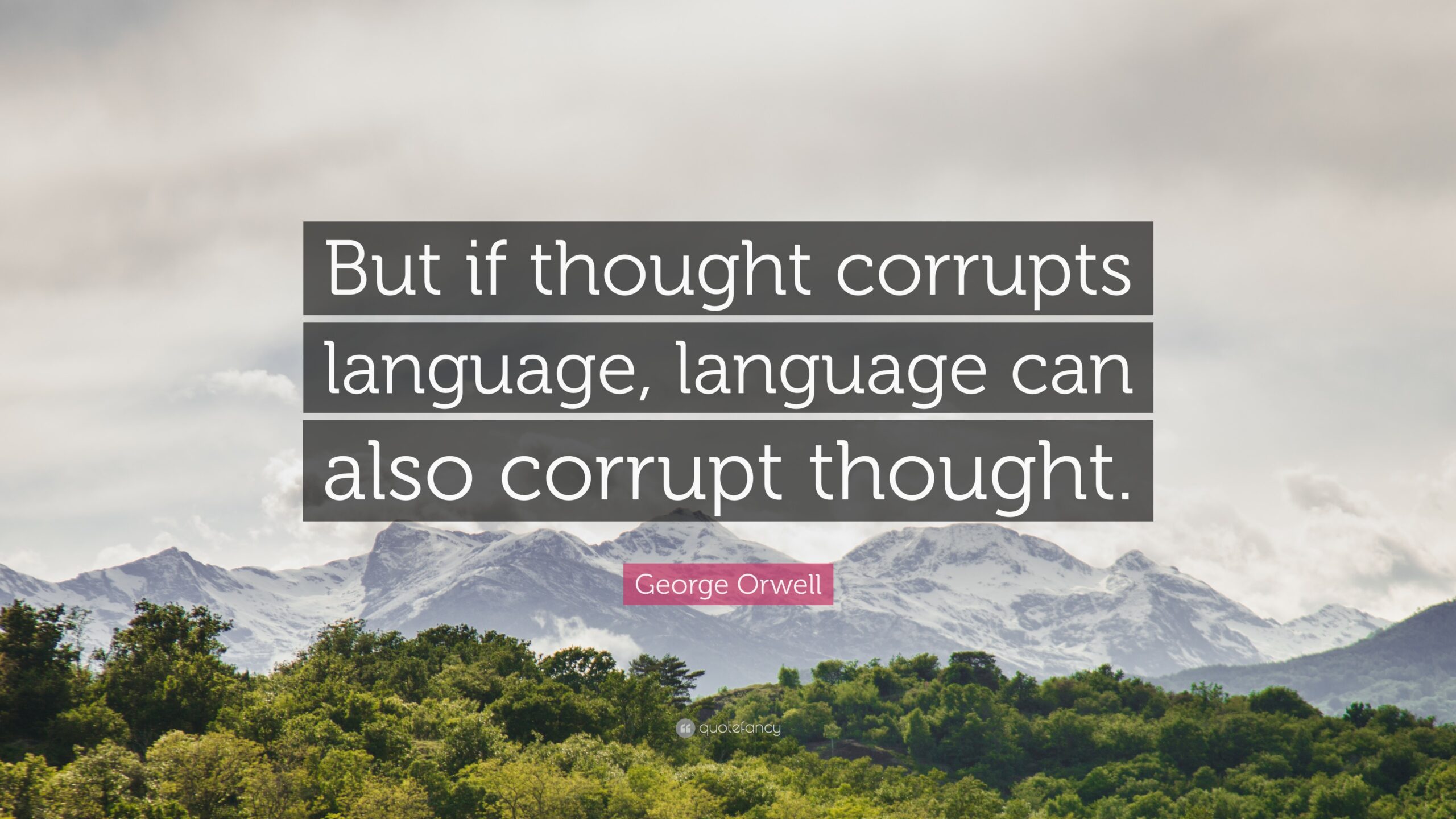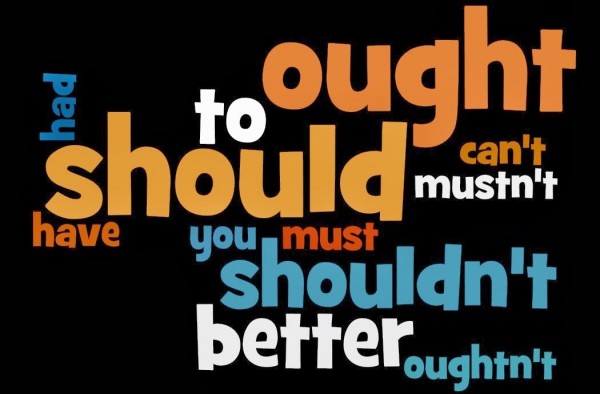This week we want to focus on the power of “yet”. This small word has a powerful impact larger than its three letters would lead you to believe. “Yet” has become linked with instilling hope and building a growth mindset which are very popular concepts in the psychology world and many other aspects of our world, like business, education, and sports. Having hope has many positive impacts on our life. Below are 8 benefits of having hope as listed by Elaine Houston on positivepsychology.com:
8 Benefits of Having Hope
- Hope is significantly correlated with superior academic and athletic performance, greater physical and psychological wellbeing, improved self-esteem, and enhanced interpersonal relationships (Rand & Cheavens, 2012).
- Hope has the potential to enhance wellbeing over time. Erez and Isen (2002) found that individuals who are more hopeful and expect to be successful in achieving goals are more likely to experience a state of wellbeing.
- Individuals with high hope are more likely to view stressful situations as challenging rather than threatening, thereby reducing the intensity and hindering the proliferation of stress (Lazarus & Launier, 1978).
- Hope can be perceived as a protective factor against the development of chronic anxiety. Michael (2000) found that hope correlates significantly and negatively with anxiety, while also protecting against perceptions of vulnerability, uncontrollability, and unpredictability.
- Hope is a motivational factor that helps initiate and sustain action toward long-term goals, including the flexible management of obstacles that get in the way of goal attainment. High-hope individuals can conceptualize their goals clearly; establishing goals based on their own previous performances. In this way, hopeful individuals have greater control over how they will pursue goals and are intrinsically motivated to find multiple pathways to successful goal attainment (Conti, 2000).
- Snyder et al. (2002) found that high hope college students were more likely to graduate than their low hope counterparts. Their findings indicated that students with low hope graduated at an overall 40.27% rate as compared with 56.50% of high-hope students. Additionally, low hope students were also at greater risk of being dismissed (25%) relative to their high hope peers (7.1%).
- Hope is positively related to overall life satisfaction (Roesch & Vaughn, 2006).
- Hope, with its in-built orientation towards the future, motivates individuals to maintain their positive involvement in life regardless of any limitations imposed upon them (Rideout & Montemuro, 1986).
(Houston, E, 2019, https://positivepsychology.com/hope-therapy/)
Growth mindset is the opposite of a fixed mindset. Those with a growth mindset believe intelligence and talent are merely a starting point and that future growth requires hard work and dedication. By contrast, those with a fixed mindset view their intelligence and talent as traits that come naturally to them. They believe they can create their success without effort. As a result, they spend their time proving their intelligence and talent instead of improving and developing themselves. The video below explains growth mindset in more detail and is an excellent starting point to wrap your head around this idea.
So, maybe you’re thinking you’d like to develop a growth mindset and harness the benefits of hope in your life and want to know how to start. We like to keep things simple – easy interventions and changes are the most likely to be successful at creating change, which brings us back to yet. “Yet” can be useful in instilling hope, fostering a growth mindset, encouraging learning, maintaining engagement, and increasing confidence.
The Power of Yet to Encourage Learning: Learning and development are highly valued when you (or an organization you’re involved with like a school, a team, or a company) have a growth mindset. Instead of “being good” or never being “good enough” (which indicates a fixed mindset), growth mindset focuses on “getting better”. Those with a growth mindset are constant “works in progress” which allows us to be confident enough to acknowledge there are skills we aren’t good at yet. This also allows us to embrace the challenges we haven’t yet faced. Weaknesses are the strengths you haven’t developed yet. This way of thinking about it allows us to acknowledge the current state of our skills while encouraging continued growth without feelings of being “less than”. To do this, just insert yet at the end of any “I can’t” statement. For instance, “I can’t do this math,” becomes, “I can’t do this math yet.” The meaning of these two phrases is very different just by adding that little word. The emotional impact of those phrases also changes significantly. From here, our mind goes to problem-solving thinking like, “If I can’t do this math yet, what can I do to figure out how to do it? Can I ask someone for help? Watch a video to show me?” etc.
The Power of Yet to Maintain Engagement: Adding yet can help motivate and engage someone in a task, especially if you are more enthusiastic than they are (parents, think about getting kids to work on projects or chores; partners, think about getting your significant other to tackle that to-do list). As deadlines are approaching, instead of nagging or being judgmental about their progress, you can phrase it like this, “How are you doing on your science fair project? Are you wanting to show it to me yet?” or, “Honey, how is it going cleaning out the baby barn? Are you ready to show it off yet?” This clearly communicates that your are wanting to know the status of their work to date but without the same pressure while acknowledging that they might need more time to work on it. They may feel at ease acknowledging how challenging a task is or that they haven’t had success doing it with so many other things on their plate. Generally, it will encourage conversation, help problem-solve, and hopefully add some motivation.
The Power of Yet to Build Confidence: We all have that critical voice in our head that likes to tell us all the ways we suck. “You’ll never find someone to love you,” or “You can never get ahead in this job,” are common things our critical voice may say. These things tend to make us feel small and scared to take the risk that is involved in growth and development. By adding yet to these statements, we can push back against these criticisms to encourage us to grow and thus build our confidence. “You’ll never find someone to love you,” becomes “I haven’t found someone to love me yet.” From here, I can explore challenges to finding my person, both internal and external, and look at steps I can take to move in the direction I want. I also feel less like a failure or reject and more hopeful that I can do something to change my future possibilities. Acknowledging the areas I struggle in while feeling hopeful about the possibility of growth and change helps improve confidence overall. That’s a lot of power for a little word: “yet“!
Take this week to work on adding yet to your language and let us know any changes you notice!




